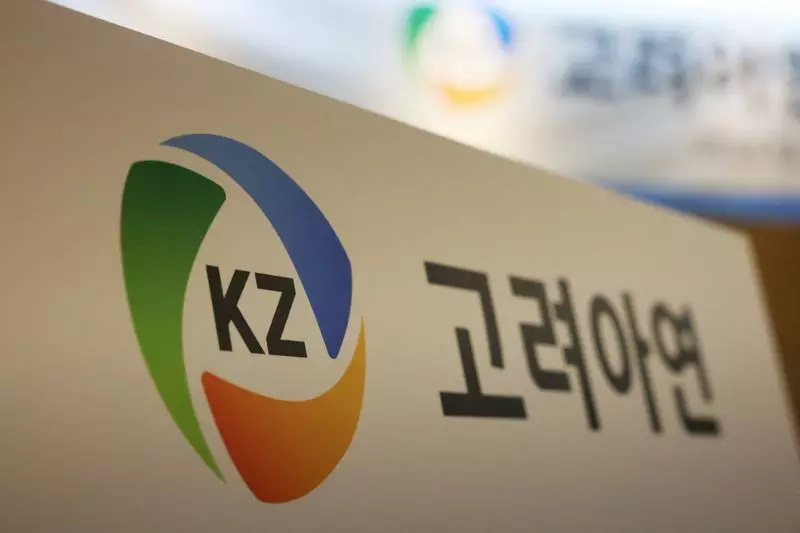In a significant turn of events, Korea Zinc, the world’s leading zinc refiner, announced a monumental share sale plan worth approximately $1.8 billion on October 30. However, this ambitious plan has faced an unexpected setback due to a regulatory intervention from South Korean authorities. The Financial Supervisory Service (FSS) mandated the suspension of this share sale, citing various compliance issues that necessitated a reevaluation of the proposal. Such regulatory scrutiny raises concerns not only about the implications for the company but also about the overarching regulatory landscape in South Korea.
The FSS issued a notice indicating that the company’s share sale plan was deficient in several critical areas. Specifically, it lacked a comprehensive explanation of its purpose, the decision-making protocols involved, and viable due diligence measures undertaken by the bookrunner. Furthermore, discrepancies between information contained in the share sale filing and Korea Zinc’s previous tender offer filing have attracted considerable attention. The FSS initiated an investigation to ascertain whether the decision to issue new shares might involve any form of unfair practices, a move that illustrates the watchdog’s commitment to ensuring market integrity.
These developments unfolded shortly after Korea Zinc executed a share buy-back at a higher price, which has added fuel to the controversy surrounding its motivations for pursuing a new stock issuance. As a result, rumors and speculation regarding the company’s compliance, transparency, and the ethical implications of its maneuvers have surfaced, placing additional pressure on its executives.
Korea Zinc’s Response and Future Outlook
In response to the FSS’s intervention, Korea Zinc has voiced strong opposition to the claims being made against it, emphasizing that all considerations regarding the public offering followed the expiration of the share buy-back period on October 23. The company aims to clarify any misunderstandings and restore confidence among its investors and stakeholders. A spokesperson for Korea Zinc committed to addressing the FSS’s concerns diligently, signaling a proactive approach to resolving regulatory issues and ensuring compliance with South Korea’s financial regulations.
However, the fallout from this suspension has already manifested in the stock market, with Korea Zinc’s shares experiencing a drop of as much as 8% immediately following the announcement. This decline erases previous gains and highlights the volatility inherent in market reactions to regulatory challenges.
The turn of events at Korea Zinc serves as a crucial reminder of the importance of robust corporate governance and transparent decision-making processes, especially for firms operating in highly regulated industries. The unfolding situation stresses the need for companies to maintain clear, honest communications with their stakeholders to bolster market confidence, especially in times of regulatory scrutiny.
As Korea Zinc navigates this complicated landscape, the implications extend beyond its financial maneuverings. The ability of the company to respond effectively to regulatory challenges will likely shape not only its reputation but also its operational strategies moving forward. The resolution of this crisis could set important precedents for corporate governance and regulatory expectations in South Korea’s financial markets.
Korea Zinc’s share sale suspension underscores the intricate relationship between corporate strategies, regulatory oversight, and market dynamics. How the company handles this situation will not only affect its immediate prospects but could also serve as a benchmark for accountability and transparency in the broader industry landscape.

